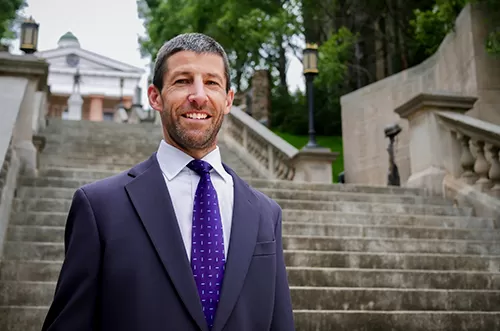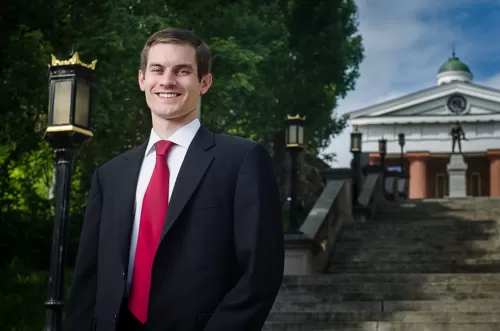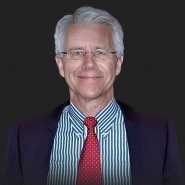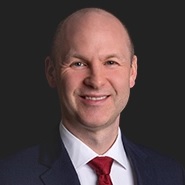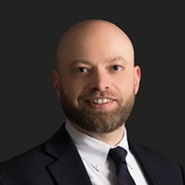Sanders v. Wayne, 2020 Va. Cir. LEXIS 25 (Washington Cnty. Cir. Ct. Feb. 20, 2020)
According to Mark Sanders, Gregory Roberts, and Larissa Roberts (collectively, the “Plaintiffs”), Plaintiffs’ vehicle was slowing to avoid striking Joshua Mathis (“Mathis”) after Mathis, in operating the vehicle in front of Plaintiffs’ vehicle while in the course of his employment with Lakeside Ready Mix, LLC (“Lakeside”), slowed to turn left into a work zone without signaling. At that time, Guillermo Sanchez-Rivera’s (“Rivera”) vehicle and Alan Smith’s (“Smith”) vehicle collided with the Plaintiffs’ vehicle and each other. The Plaintiffs’ alleged that Mathis, Rivera, and Smith negligently and recklessly operated their vehicles by following too closely, failing to keep a proper lookout, failing to signal when turning, and stopping abruptly. With respect to the work zone, the Plaintiffs’ alleged that Orders Construction Company, Inc. (“Orders”) was under contract with the Virginia Department of Transportation (“VDOT”) as the general contractor and that Orders hired
Lakeside to deliver materials to the construction site and hired LMC Safety Barricade Corporation (“LMC”) to provide safety barriers and markings for the construction site. With regards to the traffic warnings at the construction zone, the Plaintiffs’ alleged that LMC and Orders negligently failed to design, layout, and mark the construction zone, including, among other things, to adequately warn of slow moving and turning vehicles. Because Orders contract with VDOT made Orders responsible for the work subcontracted to LMC and Lakeside, the Plaintiffs’ alleged that Orders remained ultimately responsible and was in a joint venture with LMC and Lakeside. Finally, the Plaintiffs’ alleged that Orders was directly liable for the ultrahazardous condition of the road construction zone, due to the fact that it had a nondelegable duty to make the construction zone safe.
The Court denied the plea in bar filed by Mathis and Lakeside. In their plea in bar, Mathis and Lakeside argued that Smith’s and Rivera’s alleged breach of their duty to keep a proper lookout and not to follow Plaintiffs’ vehicle more closely than was reasonable and prudent created a bar to Plaintiffs’ claims against Mathis and Lakeside. In Virginia, issues of negligence and proximate cause are generally questions of fact for a jury to decide. A court only decides these issues when reasonable persons could not differ. The Court construed the Plaintiffs’ allegations as, but for Mathis’ negligence in the first instance as the driver of the lead vehicle, which caused the driver of Plaintiffs’ vehicle to slow down abruptly in order to avoid striking Mathis’ vehicle, the subject collision would not have occurred. The issue then becomes whether Mathis’ negligence was a proximate cause of the collision in light of the additional alleged negligence accts of Smith and Rivera. The proximate cause of an event is the act or omission that, in natural and continuing sequence, unbroken by an efficient intervening cause, produces the event and without which would not have occurred. There may be more than one proximate cause of an event. Thus, a subsequent proximate cause may or may not relieve a defendant of liability for his negligence. In order to relieve a defendant of liability for his negligence, negligence intervening between the defendant’s negligence and the injury must so entirely superseded the operation of defendant’s negligence that it alone, without defendant’s negligence contributing thereto in the slightest degree, produces the injury. Furthermore, an intervening cause is not a superseding cause if it was put into operation by the defendant’s wrongful act or omission. The Court concluded that the issues of negligence, proximate cause, and superseding intervening causation as it relates to the alleged liability of Mathis and Lakeside were issues of fact to be decided by the jury.
With regards to Orders plea in bar and demurrer, the Court sustained Part A but overruled Part B. In Part A, Orders argued that it is not vicariously liable to the Plaintiffs for the alleged negligence of Mathis, Smith, and Rivera because Orders did not direct, employ, hire, and/or control these defendants at the time of the collision and did not own the vehicles they were operating. A joint venture is established for profit, with each to share in the profits or losses and each to have a voice in the control and management. A mere agreement between a subcontractor and a general contractor for the delivery of materials to a construction site does not constitute a joint venture. Thus, absent allegations that Lakeside, under contract with Orders, was to share in the profits or losses of the subject construction project and that Lakeside had a voice in control and management of it, the Plaintiffs’ contention that Orders and Lakeside were joint ventures was untenable. In turn, absent a joint venture between Orders and Lakeside, there are no allegations establishing vicarious liability of Orders for the alleged negligence of Mathis, Lakeside’s employee. As to Part B, which addressed the Plaintiffs’ allegation that Orders was directly liable for the ultrahazardous condition of the road construction zone because it had a nondelegable duty to make the construction zone safe, the Plaintiffs’ asserted that their theory of Orders’ liability under the inherently dangerous activity doctrine relates to its contract with LMC, not Lakeside. Similarly, the Court overruled Part B to Orders’ demurrer, which argued that LMC’s alleged negligence could not have been a proximate cause of the Plaintiffs’ injuries because it was only the negligence of Rivera and Smith that was the proximate cause of the collision. Based on the allegations in the third amended complaint, issues of negligence and proximate cause, and any superseding intervening causation, as it relates to LMC’s alleged liability, are issues of fact for the jury to decide.

